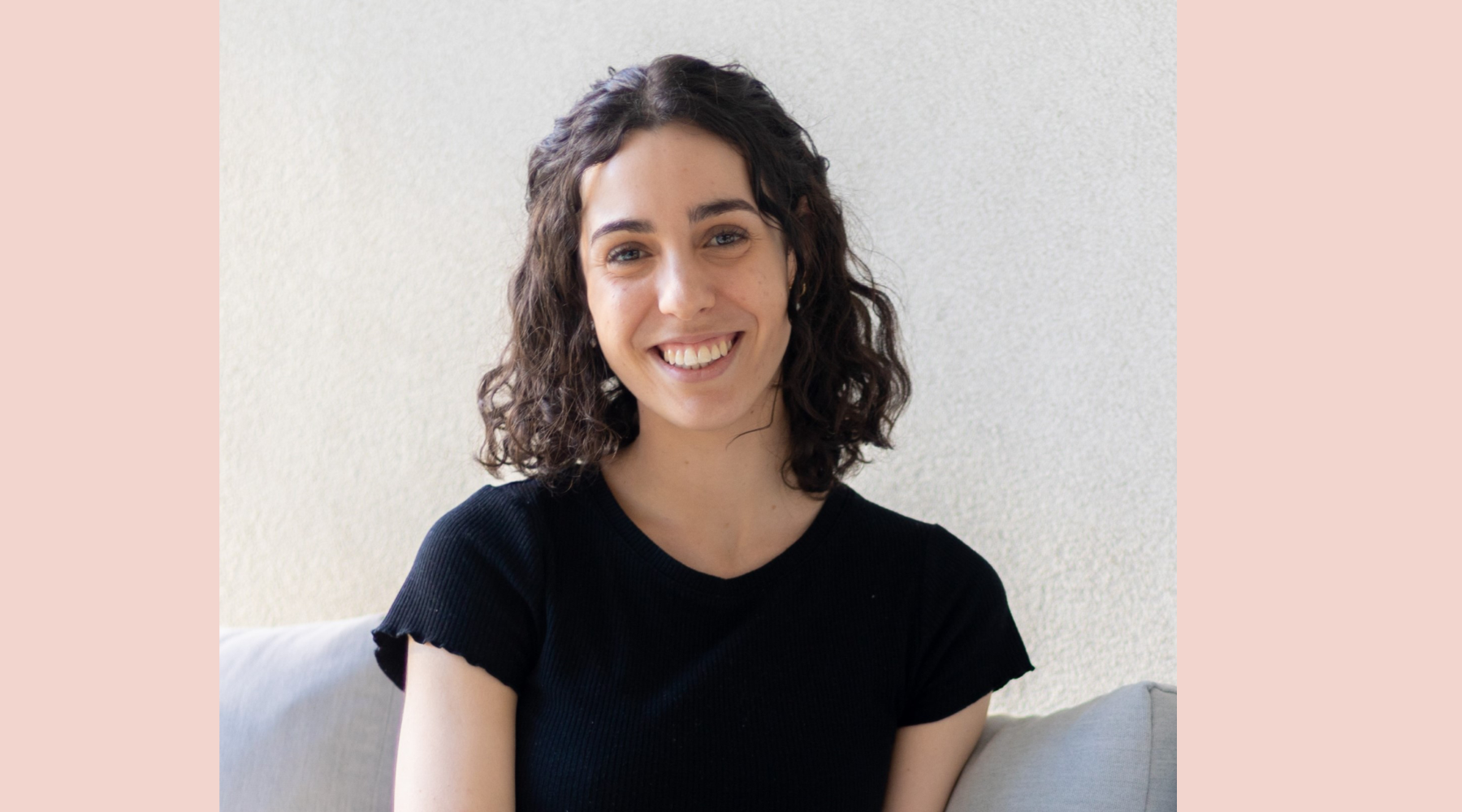Many babies around 4 to 7 months of age can suddenly become easily distracted when feeding. At this age, your little one is more aware of their environment, you may notice them becoming easily distracted by noises and their surroundings during feeds. This is a part of your baby learning more about the world, however, it can often lead to frustration for both of you.
We chatted to one of our experts Kate Bird of Little Bird Lactation. Kate is a Registered Nurse and Internationally Board Certified Lactation Consultant, with two children of her own and one on the way, so is well versed in distracted feeding. Kate shared her practical tips and insights with us to help you navigate through this phase with ease and confidence.

Understanding distracted feeding
The infancy stage is a fascinating time of growth and exploration, with each day bringing new ways for babies to understand and engage with their surroundings. As they grow, their senses sharpen, their cognition expands, and a delightful curiosity begins to blossom. Kate shares this burgeoning interest in the world is not only a sign of healthy development but also an exciting time for parents witnessing the spark of awareness in their little one’s eyes. However, this phase of increased alertness and attention can introduce challenges during feeding times, as the baby's focus starts to shift and wander.
Distracted feeding is a common experience shared by many mothers, particularly when their babies are in the age range of 4 to 7 months. “At this pivotal developmental stage, infants become highly attuned to their surroundings, absorbing sounds, colours, and movements with intense fascination,” explains Kate.
This phase is thrilling for the baby as it marks a time of significant learning and discovery. However, their increased sensitivity can result in disrupted breastfeeding sessions as your baby responds eagerly to external stimuli, turning their heads at the slightest sound or breaking their latch to gaze at a sibling or pet. It's important to understanding that distracted feeding is a normal and temporary phase in your baby’s life. Kate shares “Acknowledging this can provide comfort and patience to mothers navigating through the maze of distracted feeding, ensuring that this period, while challenging, remains a joyful and bonding experience for both mother and child.”
It is also important to note that your baby's own personality can play a huge role in how easily distracted they are or how long this phase lasts. Kate recommends instead of comparing or becoming frustrated by it to lean into your babies' cues and learn to work with them. This may look like changing feeding times, feeding more or less frequently and being a little more cautious of the environment you feed them in.
Kate’s top tips for feeding a distracted baby
- Create a calm environment
Minimise distractions by choosing a quiet, comfortable space for breastfeeding. Dimming the lights and reducing noise can help your baby focus on feeding. You may also find it easier to feed around sleep times rather than when they are in the middle of awake windows and more alert.
- Trial music or white noise
Having gentle relaxing music or white noise can help encourage your baby to not be as easily distracted by other sounds.
- Offer a comfort object
Providing a small, soft toy or blanket can offer comfort and something for your baby to hold, reducing their urge to reach for other distractions. For example wearing a wooden beaded necklace or attaching a small toy to your bra clip for them to grasp and fiddle with.
- Practice patience and persistence
It’s normal to feel frustrated, but patience is key. If your baby is distracted, take a break and try again later. Consistency and patience will help your baby learn to focus during feeding times.
- Consider movement
Gentle rocking in a chair, walking or swaying can help to calm and relax your baby into the feed and limit their chances of becoming distracted.
- Be flexible
Every baby is unique, and their feeding habits can change. Be adaptable and willing to adjust your feeding routine to meet your baby’s evolving needs.
Feeding a distracted baby can be challenging, but with patience, flexibility, and the right approach, it’s a hurdle you can confidently overcome. Remember, this phase is temporary and part of your baby’s healthy development. Keep calm and seek support when needed.
Where can I find support and help with breastfeeding?
Lactation Consultants of Australia and New Zealand can help you find a lactation consultant near you.
Ask your GP, midwife, obstetrician, or healthcare provider to connect you with a lactation consultant locally.
The Australian Breastfeeding Association have many resources available including a 24-hour helpline for new mamas, face-to-face workshops, and online classes.
Click the links below to read more on the topics:
Help I think I have Low milk Supply
Navigating Baby's First Teeth and Breastfeeding with Expert Advice
How Lactamo can help with breastfeeding






